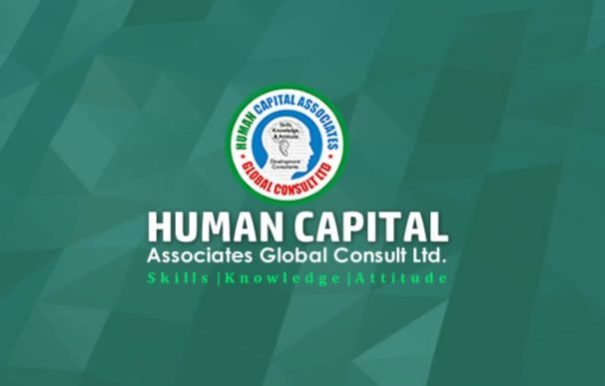Workshop on Principles and Practice of Legal Drafting
Workshop on Principles and Practice of Legal Drafting
May 20 – 24, 2024, 1st Run: Lagos & Abuja
November 25 – 29, 2024, 2nd Run: Lagos & Port Harcourt
For Tutor -Led Class: 9am – 4:30pm
Workshop fee: N250, 000 per Participant
For online: Delivery via Zoom
Online course fee: N200, 000 per Participant
Available for In-plant Training
Program Overview:
Legal functionaries saddled with the responsibilities of drafting and producing legal documents need to know and apply the principles underlying the production of such documents.
Legal documents seek to effectively account for the facts and law that can impact the parties to a document. The lawyer’s role in “drafting” a legal document is to ensure they identify all the relevant facts and law and then apply them to prepare a document that accomplishes their client’s goals.
Legal documents are typically a set of instructions for others to follow in an effort to fulfill the intent of one or more parties to the document. Clear, complete, and functional instructions promote the client’s goals. This course has been designed to teach the participants contemporary principles of legal drafting.
Individuals and organizations require conducive legal environments, supported by reliable legal documents for effective performance.
For Whom
This program is designed for Legal Directors, Legal Officers, Legal Advisers and company of organizations and Para-Legal Staff involved in the drafting and production of legal documents.
Learning Objectives:
At the end of the program, participants will be able to:
• explain the contemporary principles of legal drafting;
• imbibe and be guided by the principles in the discharge of their duties at the end of the program;
• draft legal document that must be clear and simple;
• refrain from using complicated legal phrases and jargon that is beyond the comprehension of a layman; and
• ensure that the legal document is structured properly.
Course Outline:
Day 1: Drafting Legal Documents Principles and Practices
• The Nature and Types of Legal Documents.
• Rules of General Correspondence.
• Signs of a well drafted contract: The simple rules!
• Identifying the legal formalities for a binding contract
• Dispute resolution clause: Litigation v Arbitration v Mediation
Day 2: Steps in Legal Drafting.
• Plain (English) Language in Legal Drafting.
• Vague words and expressions in commercial contracts- know the pitfalls!
• Structure and formation of a commercial contract: follow the formula and you won’t go wrong
• Overview of cross border contracts: Distribution v Joint venture v Agency agreements
• Share Purchase Agreements
• Warranties and indemnities
• Allocating risks and liabilities between the buyer and seller
• Negotiating warranties from a Share Purchase Agreement
• Planning Letters and Documents.
Day 3: Plain English in Legal Correspondence
• Brevity, Concision, and Accuracy.
• Good legal writing practice
• Moving from legalese to Plain English
• Unnecessary archaic and meaningless phrases
• Collocations
• Importance of collocations in legal writing
• Pitfalls and issues relating to
the use of legal jargon in legal writing
• Writing short emails
• Writing long emails
• Writing formal emails
Day 4: Legal Writing in Civil Practice.
• Negotiating and Recording Deals.
• Structuring and Writing Contracts.
• Writing for Publication.
• Judicial Writing.
Day 5: Legal Writing in Complex criminal Trials.
• Practical Drafting of Documents.
• Use of ICT in Legal Writing.
• Writing a Legal Letter
• Legal Writing Troubleshooting
• The problem of English idioms
o Ambiguity: how to avoid it
o Vagueness: how to avoid it
Training Methodology
• Lectures, discussions, exercises, case studies, audio-visual aids will be used to reinforce these teachings/learning methods.




